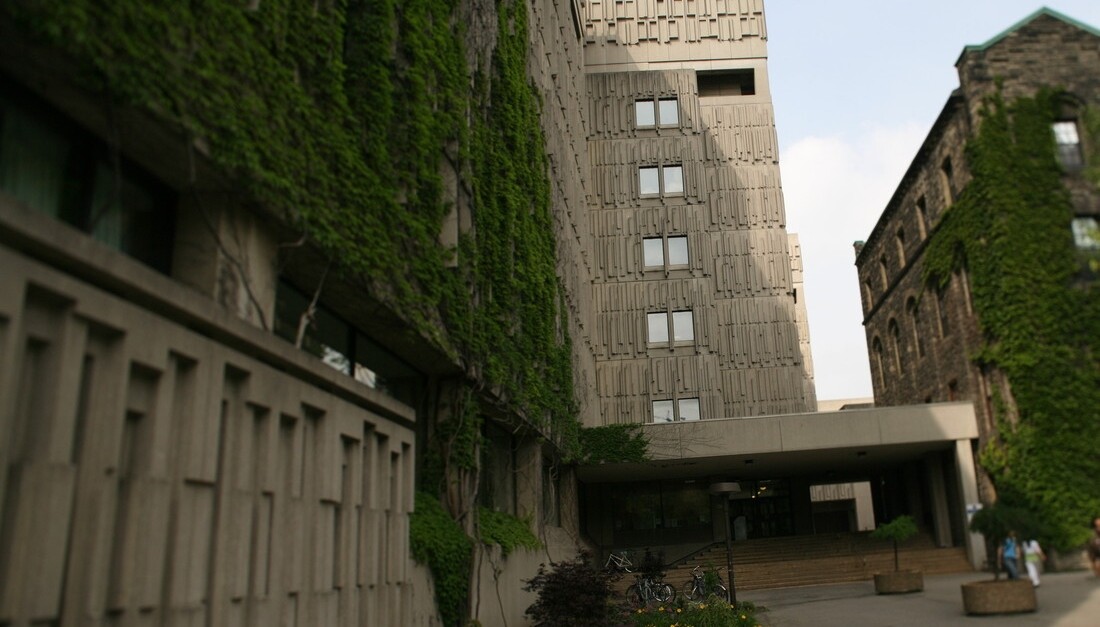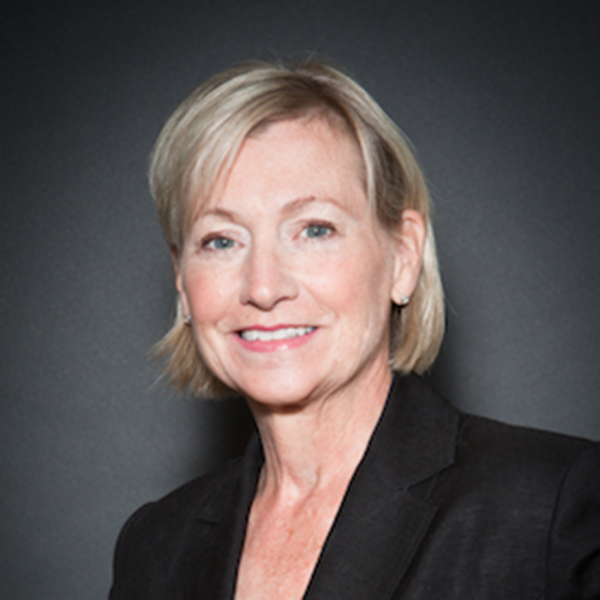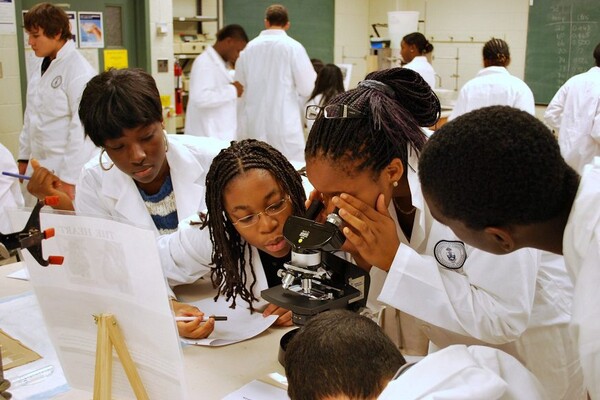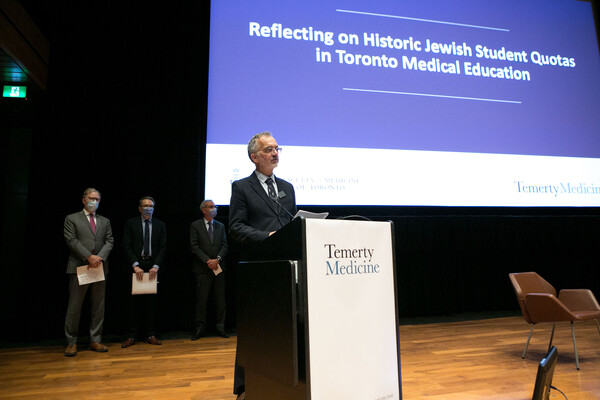Mobile Menu
- Education
- Research
-
Students
- High School Outreach
- Undergraduate & Beyond: Community of Support
- Current Students
- Faculty & Staff
- Alumni
- News & Events
- Giving
- About


The accreditation process is an opportunity to ask critical questions of ourselves, consider the opportunities to enhance and improve our programs, and have our efforts reviewed and validated by peer medical educators. The process is extensive and intensive, but it’s an invaluable tool that tells us — and others — that we are offering the high-quality education we seek to deliver.
In 2020, both the MD Program (in the spring) and Postgraduate residency programs (in the fall) will undergo site visits, which are the culmination of many steps along the accreditation pathway. I wanted to take a moment to talk about efforts underway in the MD Program as we prepare for this once-every-eight-year milestone. It will take many people to ensure the success of this process, so it’s important to recognize the scale of the effort required and to keep our community informed and engaged.
An important starting point for our accreditation processes is the Independent Student Analysis (ISA) Report, released last month. The student-administered survey featured 58 core questions specific to accreditation requirements. Student leaders consulted with their colleagues to add additional questions they felt were pertinent to their experience in U of T’s MD Program. The ISA provides tremendous insight on our students’ experiences and highlights both our program’s strengths and areas for improvement.
For example, our students told us they had a high degree of awareness of mistreatment policies, respect in learning environments, and high quality of overall learning experience and satisfaction with class diversity. Yet, we also heard that a significant number of students experience mistreatment, that the student mistreatment reporting systems are not sufficiently accessible, and that there is a lack of student comfort with reporting mistreatment. This is not contradictory direction from our students, but an indication that the processes we use to implement our policies — as well as how we communicate and reinforce them in practice — can be improved.
The ISA will inform the Medical School Self-study (MSS), which begins in September. This is where we will have the chance to reflect and consider how we can and should make improvements. We will be thorough and honest in assessing our programs. We have formed five MSS subcommittees, comprising more than 85 people including students, faculty and staff selected to represent the diversity of individuals and institutions that support the MD Program. They will address different aspects of our performance; specifically:
• Institution, Administration, and Learning Environment
• Human, Financial, and Physical Resources
• Curriculum Design and Curriculum Content
• Program Evaluation and Student Assessment
• Medical Student Services and Support
This work will occur throughout the fall and the MSS report will be delivered to our external reviewers early in 2020.
I would like to thank the many people involved in the accreditation process. The ISA Report, which more than 87 per cent of students completed in full, was led by students Arshia Javidan and Yeshith Rai, who were — in turn — supported by a broad team of our current students. I also want to recognize the co-chairs of the MSS working groups who will be active this fall preparing their reports. They are:
• Prof. Leslie Nickell
• Prof. David McKnight
• Mr. Devendra Chopra
• Prof. Alison Freeland
• Prof. Rick Penciner
• Prof. Molly Zirkle
• Prof. Risa Freeman
• Prof. Mahan Kulasegaram
• Prof. Jacqueline James
• Mr. Don MacMillan
As we approach the CACMS on-site accreditation visit from May 3 to May 7, 2020, the MD Program will be reflecting on how to advance the educational experience delivered to our students and improve our learning environment. This isn’t simply to satisfy a requirement, but because we are deeply committed to continued educational quality improvement.
While there many reasons we can take pride in our program, we will not allow that to make us complacent. The 16th century philosopher and physician John Locke once remarked: “The improvement of understanding is for two ends: first, our own increase of knowledge; secondly, to enable us to deliver that knowledge to others.” Accreditation builds upon our understanding of the education we’re currently delivering, and allows us to deliver an even better program for the next generation of physicians.
Patricia Houston
Vice Dean, MD Program
Faculty of Medicine, University of Toronto


